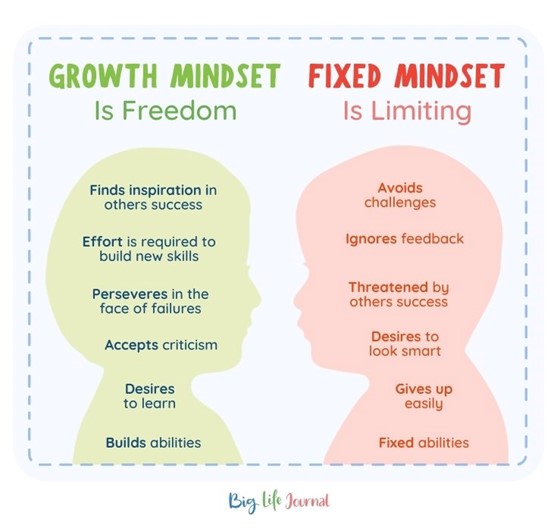 Key Points
Key Points
- Persons with disabilities may face difficulties in building self-esteem and a sense of belonging.
- You can help your loved one by listening to their concerns, addressing their negative thoughts, and creating opportunities for them to interact with others who are facing similar challenges.
Persons with disabilities may battle with low self-esteem and lack a sense of belonging in their community, as they may compare themselves with their peers and feel self-conscious about the things that they are unable to do. They may also want to conceal their disabilities from others by hiding their aids and assistive equipment.
To help your loved one overcome these challenges, you can encourage them to meet other persons with disabilities and/or others who are facing similar challenges as them. This will create a sense of belonging and community as they are able to understand and identify with one another’s experiences. These friends can also become additional sources of emotional support for your loved one.
For individuals with late-onset, progressive or acquired disabilities, it may be particularly difficult for them to accept their disabilities. Having experienced what life was like before the disability, they may feel a greater sense of loss, bitterness, and resentment.
To counter this, some caregivers have highlighted the importance of cultivating a growth mindset in their loved ones, which is the belief that new abilities can be developed at any stage of life3. With this mindset and a positive perspective, your loved one will be better able to focus on the possibilities of their situation. You can help your loved one cultivate this mindset by4:
- Listening without comments or judgment
- Addressing any irrational or unhealthy thoughts, and supporting them as they come to terms with their condition
- Giving them time and space to accept their condition, especially for those with acquired disabilities
- Encouraging them to take a proactive role in self-advocating and sharing with people around them about their disability and ways to interact with them.
- Placing more focus on their abilities and unique strengths instead of their disability
- Encouraging them not to compare themselves with others
- Showing appreciation for them and embracing the positive aspects of their disability
- Providing words of encouragement when your loved one is faced with challenges
- Helping them understand that achieving a goal takes time and effort
Growth Mindset vs Fixed Mindset (Big Life Journal)

 Resources
Resources